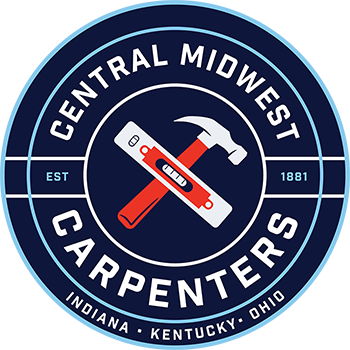Driving Economic Development
“The common construction wage provides good paying jobs in my district of the state. In turn, money spent by workers earning the common construction wage generates sales revenue locally and provides sales tax to the state’s general fund.” Indiana State Representative Lloyd Arnold, D74
The benefits of paying prevailing wage extend far beyond workers’ paychecks. Those paychecks set in motion an economic ripple effect that quickly lifts the bottom lines of local businesses, shops and service providers. When working families have money to spend, they do so at local restaurants, shopping malls, and grocery stores– spurring additional job creation that keeps communities and businesses strong. In fact, studies show that every dollar spent on a prevailing wage project generates $1.50 in economic activity in the community.
Businesses looking to establish themselves in new cities look for this type of environment where a solid community and workforce will help their business grow. Contractors who pay workers as little as possible on public projects create high turnover in a workforce that has little or no consumer spending power to support local businesses. Businesses do not move into areas where low wages are the predominant means of income.
The concept of paying minimal or subsistence wages to save money is an illusion created by D.C. lobbyists interested only in increasing profits for their big business clients, and hurts our communities in the long run. With labor costs typically amounting to about 23 percent of public works construction project costs, a wage decrease of 10 percent would only affect overall project costs by 2.2 percent. That marginal savings evaporates long before a project is completed in errors and missing deadlines. Lower wages means lower-skilled workers, so projects go over time and over budget.
As for the city and local government, they are often left with substandard quality roads, bridges, and buildings that just don’t last. Taxpayers must pay for ongoing maintenance and repairs. Many of the low-wage workers are pushed into relying on government subsidies for healthcare, housing and other social services — all at taxpayer expense.




Leave a Reply
Want to join the discussion?Feel free to contribute!